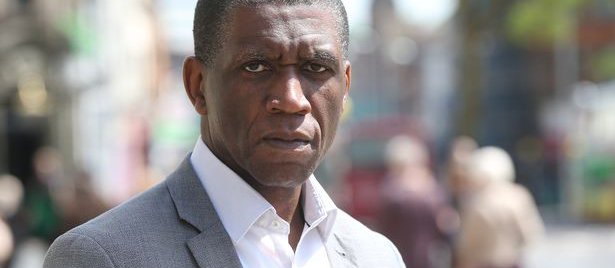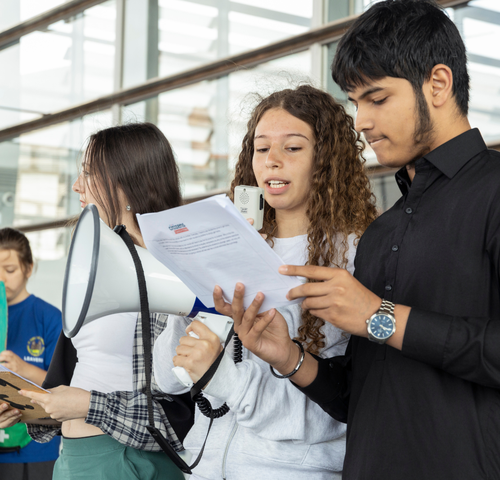10 Months on from Black Lives Matter

10 Months on from Black Lives Matter
By Clive Foster
The year 2020 will go down in history as a year of global upheaval on two major fronts – firstly, the global health pandemic which has devastated lives and economies, and secondly the worldwide outrage of the death of a black man George Floyd by a white police officer having his knee on his neck for 7 minutes and 46 seconds and the subsequent protests and pleas that Black Lives Matter.
The global pandemic had forced us to stay at home and to dial down our activities amidst the national lockdown. Our main sources of engagement are via our TV screens, computer screens, mobile phones and zoom calls.
Two months into the first lockdown, on the 25 May, 7 minutes and 46 seconds of activity would reverberate around the world and cause a wave of response to racial injustice. The incident that led to George Floyd's death was viewed by millions of people–we could not escape the images of the appalling way he lost his life, and it sparked marches and protests of all ages and ethnicities across the globe.
For many people, this was the first time they really recognised and understood the harmful effects of racism in our world as it pertains to Black Lives. George Floyd was not the first black person to die in the hands of police custody, yet this moment epitomised the egregious nature of racism at play.
Yet some ten months later, and both the pandemic and racism has not gone away. We may have found a vaccine to mitigate the effects of Covid-19, but we fall short of developing an antidote that can deal with the pandemic of racism. What the world saw with George Floyd was a chronic symptom of overt racism, yet the microscopic and asymptomatic acts of racism are still infecting our society.
Such was the outrage that despite a global pandemic of a deadly disease and government guidelines to stay indoors, people took to the streets in thousands because of what they had seen take place in Minnesota. In Nottingham, over 7000 people come together on the Forest Recreation ground to protest and stand together against racism. Nottingham Citizens knew we had to act and conducted several zoom meetings and actions to drive home the point that silence is no longer an option. This led to many discussions where people decided either to listen or to challenge their own prejudices and fears around racism. The book Why I am no longer talking to white people about race by Renni Eddo-Lodge became critical read and best seller.
We have had national moments of consciousness on race, with the Stephan Lawrence case and recently the Windrush Scandal. Nottingham itself has a long history of dealing with race inequality by picking up the pieces of the first race riots in the UK being recorded in 1958. Nottingham has been great history of work and numerous projects to address race inequality. In 2014 and 2018, Nottingham Citizens produced two ground-breaking community led projects on Hate Crime. The 2014 Still No Place for Hate report delivered on key recommendations, with Nottingham having the first Police force to make misogyny a recordable hate crime.
The 2018 Still No Place for Hate report had key recommendations for the formation of a Race Equality Justice Council Nottingham (REJCN), an organisation run by civil society that will address racial justice in our City. A group of civil society leaders have come together to take this next step in the pursuit of racial equality. The REJCN will be working to eliminate racial injustice, promote and foster good relationships between diverse people and aims to provide advocacy, case management support, carry out monitoring to inform policy, and run campaigns. Many local organisations spoke out at the terrible killing of George Floyd desiring to be an anti-racist organisation, and have pledged support to the formation of the REJCN.
We need to take this wave of goodwill and momentum around racial injustice to transform our communities, workspaces and public spaces to see real change for racial equality. Protests without policy change is just a parade–the time is ripe to do right for racial equality.





